Countercultural Leadership for the World We Seek
The world we seek includes “a society with equity and justice for all” and “a community where every person’s potential may be fulfilled,” as named in the vision statement of Friends Committee on National Legislation (FCNL). We believe that Friends’ faith and practice offers a path towards this beloved community, helping us sense and trust in the divine currents around us. Yet as Friends in the United States, we also live in a culture defined by White supremacy, which inevitably shapes our actions and experiences. Building the beloved community that we seek will take brave, principled, and intentional leadership. It will include practicing our faith with integrity and circumventing the barriers that White supremacy culture erects anew each day.
Over the last few years, many Quaker communities have renewed their consideration of how they are led to engage in the work of racial justice. Some, including our own FCNL and Baltimore Yearly Meeting (BYM) communities, have used Tema Okun’s “White Supremacy Culture” article. The article is used both as a mirror for examining aspects of our culture that we want to shift and as a vision for building the beloved community that is liberated from a foundation of White supremacy. Serving as leaders in lifting up FCNL’s Quaker identity and our Anti-racism, Anti-bias, Justice, Equity, Diversity, and Inclusion (AJEDI) commitments (fcnl.org/ajedi), we have been reminded of the diverse ways Quaker principles and practices can empower us all to lead in dismantling White supremacy culture.
Although the words “White supremacy” can be intimidating, Tema Okun’s article makes it clear that White-supremacy culture not only reflects explicit hatred, but often is instrumental in maintaining the status quo. Okun writes, “The characteristics . . . are damaging because they are used as norms and standards without being proactively named or chosen by the group. They are damaging because they promote white supremacy thinking.” She goes on to list characteristics of White supremacy, such as perfectionism, paternalism, one right way, either/or thinking, quantity over quality, worship of the written word, defensiveness and denial, fear of conflict, power hoarding, and urgency.
Some of the characteristics Okun lists, such as objectivity and right to comfort, are—like microaggressions—not necessarily qualities that would connote a negative impact at first mention. We recommend that anyone who has not yet explored Okun’s writings take the time to do so and to reflect on their implications for your own life and communities. Thankfully, both her original article and the accompanying website (whitesupremacyculture.info) share “antidotes” to these characteristics of White supremacy culture. There are myriad connections that shine out between what Okun lists as antidotes and what we know and love as Quaker principles and practices.
If White supremacy culture is the water in which we swim in the United States, it is clear when Friends embrace the Quaker testimonies, they can lead by swimming against the current and modeling a different way of being.
Quaker testimonies serve as touchstones for Friends shared values. They manifest as our witness, and often our leadership, in the world. It is stunning how many of the testimonies we are most familiar with coincide with the antidotes to White supremacy culture. If White supremacy culture is the water in which we swim in the United States, it is clear when Friends embrace the Quaker testimonies, they can lead by swimming against the current and modeling a different way of being.
For example, simplicity can be an antidote to the idea that progress means bigger or more and to the preference of quantity over quality. Community can serve as an antidote to individualism and an “I’m the only one” mindset. Equity can be an antidote to paternalism and power hoarding. Integrity can serve as an antidote to conflict avoidance and defensiveness. Friends build beloved community when we are attentive to the testimonies, heed George Fox’s call to “be patterns, be examples,” and allow our lives to preach.
Centering our beliefs and practices as Friends can create a counterweight to the cultural norms around us. We speak of looking for that of God in each other, of loving our neighbors without exception, of the possibility of continuing revelation, and of noticing way opening. When we lead from these beliefs, we have the capacity for humility and curiosity, as we seek to understand the pieces of truth to which others have access but we may lack, and we have confidence in the piece of truth that is ours to share.
One of the places this approach has had much impact has been in supervision and management. We each in our own way focus on discovering a path forward with our colleagues instead of imposing a single vision or insisting ours is the right way. As we develop a new Community and Culture department at FCNL, as well as new connections within FCNL and among Friends, we are mindful of how we give room for new truth to emerge and of the role of discernment in sensing when the group is ready to move forward. We have found that orienting ourselves toward the needs of the group creates more avenues for leadership (an antidote to power hoarding) and allows more creative options to surface.
Through this lens, we see that leadership is not synonymous with exerting power over others or controlling outcomes. Leadership can be just as powerful when it creates conditions in which creativity, honesty, and connection can thrive, and where new and unexpected outcomes can arise. While Quakers are not alone in this orientation to leadership, we have practices that can facilitate those conditions.
In their very nature, the ideals that guide Quaker leadership and decision-making processes act as guardrails against White-supremacy culture. The role of clerks in a Quaker process is not to lead with their own ideas or positions but to ensure that there is space for all voices and that the sense of meeting is being honored. Sense of the meeting empowers Friends to act against White-supremacy culture by centering Spirit instead of the loudest voice, the most powerful contingent, or the person with the most credentials. The Quaker decision-making process, when it is adhered to with integrity, builds community. It does not allow for White supremacy culture’s either/or or one-right-answer thinking but seeks a way forward in which all involved feel heard, understood, and able to unite. That unity, which can at some points require extended periods of time, is a powerful element of the Quaker witness in the world.
The role of clerks in a Quaker process is not to lead with their own ideas or positions but to ensure that there is space for all voices and that the sense of meeting is being honored.
An example of how we have seen these antidotes at work at FCNL is in the way the organization comes to its priorities for each legislative session. This priorities process invites voices from many different Quaker communities. We then trust the Policy Committee of our General Committee to discern their sense of the group from hundreds of responses. From there, the priorities are shared with the entire General Committee and anyone attending our annual meeting. Although the Policy Committee may believe the priorities are ready by the time they are shared, there are often last-minute insights from the final discernment meeting, and they are honored. The clerk has noted that as she calls on those with raised hands, she may call first on those who are most closely tied to the decision or those whose voices have not been heard. We continue the process until all feel heard and can unite around the priorities as written. All of these practices lead us away from White-supremacy culture and toward beloved community.
As we have experienced and enacted at FCNL, this kind of leadership can result in bold, decisive action, but those characteristics alone are not the measure of success. White-supremacy culture gives us a model of leadership as an individual achievement. This kind of leadership depends on shoring up our power, defending our decisions, and being right at all costs because the alternative is to be wrong. That model of leadership will likely always tug at us. Quakerism offers us another model, one that values collective truth more than ego and infallibility. Quaker testimonies, beliefs, and practices can give us alternative approaches to the cultural norms we live with in the United States. And, importantly, they are not a panacea; Quaker beliefs and practices are also not the “one right way.”
Without care to implement them with a justice-oriented mindset, it can be easy for Quaker practices and language to be used to elide conflict and impose a dominant perspective. We can use careful discernment as an excuse to avoid tackling urgent problems. As Kat Griffith writes in “Careful Discernment or Spiritual Timidity?” (FJ, Oct. 2020):
Perhaps the impatient voices among us are Spirit-led. For that matter, how do we know that God herself is not impatiently rolling her eyes when she hears another call to “season” something until next month’s or next year’s meeting? Friends elsewhere recognize passion and heat and boldness as signs of the Spirit active in their midst, yet unprogrammed American Friends see these as qualities likely to lead us astray.
Urgency for its own sake is a hallmark of White-supremacy culture, yet failing to recognize when haste is called for is also an error that can cause harm by our inaction. Part of working well as Friends is being able to tell which way Spirit is leading.
Urgency for its own sake is a hallmark of White-supremacy culture, yet failing to recognize when haste is called for is also an error that can cause harm by our inaction. Part of working well as Friends is being able to tell which way Spirit is leading.
Sacred silence is another Quaker practice that can be a powerful antidote to White-supremacy culture—as well as a means of embodying it. In silence, we can center down and transcend our own instincts, egos, and fears. We can hear the voice of God in ourselves, and we can experience transformation both large and small. In corporate worship, we can “hear in silence / Things [we] have never heard,” as found in the hymn Teach Me to Stop and Listen by Ken Medema. In corporate discernment, silence can give space for new perspectives to come forward, for a third way to emerge out of a false binary. Yet we have also experienced the call for silence, especially in decision making, as a means of avoiding conflict, exerting a right to comfort by the majority, and shutting out dissent. Exercising leadership among Friends to counteract White-supremacy culture requires being able to differentiate between when silence is needed to listen more closely to Spirit and when it becomes a way to avoid uncomfortable truth. While this discernment is often exercised by the clerk, we all have responsibility as leaders in the skillful use of Quaker practices.
Looking for “that of God” in others is another Quaker practice with both great significance and a shadow side. This orientation can challenge us to recognize each person’s worth and dignity and to hold open the possibility of growth and restoration for ourselves and those we encounter. Taken as a platitude in a culture of White supremacy, however, it can also lead to a kind of moral relativism, where pleas for civility and to “just get along” paper over hurt and harm. The potential of this belief is lost in the contortion of aligning it with a culture of paternalism, comfort, and avoidance. Enacting this belief with integrity requires living with the discomfort of the both/and: both recognizing that of God in others, and acting from that place of love to name when someone’s action or inaction has harmful consequences. At FCNL, we struggle with this call in our commitment to engage with elected leaders across the political spectrum, asking where the line is between allowing for growth and change and giving weight to positions that undermine the world we seek.
Part of Quaker leadership is realizing we must revisit these questions again and again, returning to the center for guidance, especially when we find ourselves slipping into the easier binary labels of “good” and “bad.” In addition to reflecting individually, we can call each other back to that center as part of a trusting community. We can also learn from others’ experience and wisdom. An example of the latter is the forthcoming antiracist clerking guide that Kat Griffith of Northern Yearly Meeting is developing in consultation with Friends with racial justice leadings. Friends will have an opportunity to hear more about the guide and give input at this summer’s Friends General Conference Gathering.
Our commitment to integrity calls us to remain grounded in these Quaker antidotes to White supremacy culture, even when we are pressed for time, even when we know another way might be easier in the short term, and even when so much of our socialization is pulling us in another direction.
Earlier in this writing, we raised FCNL’s priorities process as an example of Quakerism as antidote to White supremacy culture. We also realize that integrity of leadership at all levels is needed to actualize that possibility. When faced with difference do we try to avoid, silence, or explain away in order to have a semblance of unity, or can we sit with the discomfort of uncertainty and allow divine guidance to surface? Can we listen deeply to those with less currency in White-supremacy culture and see those contributions as having weight at least equal to those who can more easily navigate that culture’s requirements? How do we both seek unity among the Friends gathered and listen to perspectives that might be missing from our gathering? To what extent do we embrace the potential of our Quaker faith and practice to act as antidotes to the culture in which we exist, and to what extent do we allow White supremacy culture to warp our Quaker practices instead? Considering these kinds of queries can help us reflect upon and shift our practices, recognizing the importance of being open to continuing revelation.
While Quakerism has always been profoundly countercultural in its core beliefs and practices, it also takes intention, discernment, support, and accountability to keep our moral compass aligned to God’s call in our lives and in our communities. Our commitment to integrity calls us to remain grounded in these Quaker antidotes to White supremacy culture, even when we are pressed for time, even when we know another way might be easier in the short term, and even when so much of our socialization is pulling us in another direction. We invite Quaker communities to realize the possibility inherent in our principles and practices to question, challenge, and shift away from White supremacy culture. We believe that Quaker leadership through living our values can help to build the world we seek.


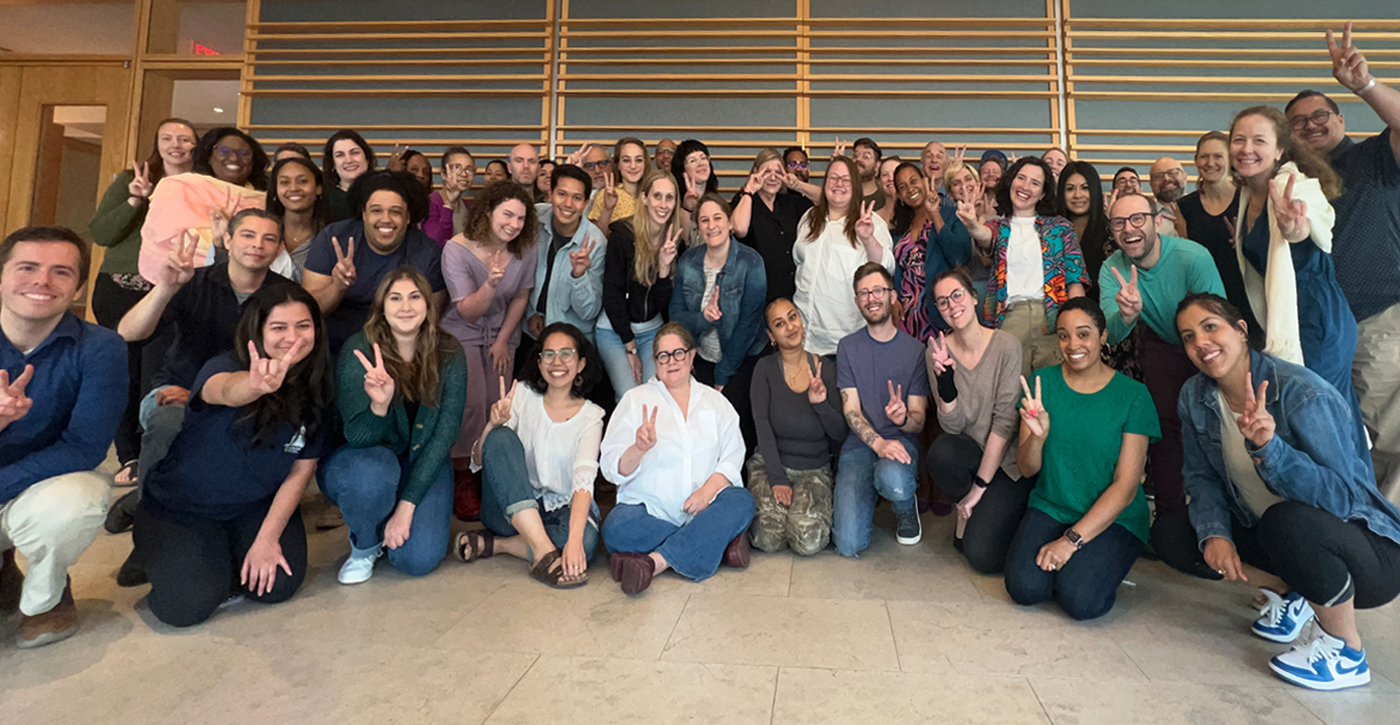
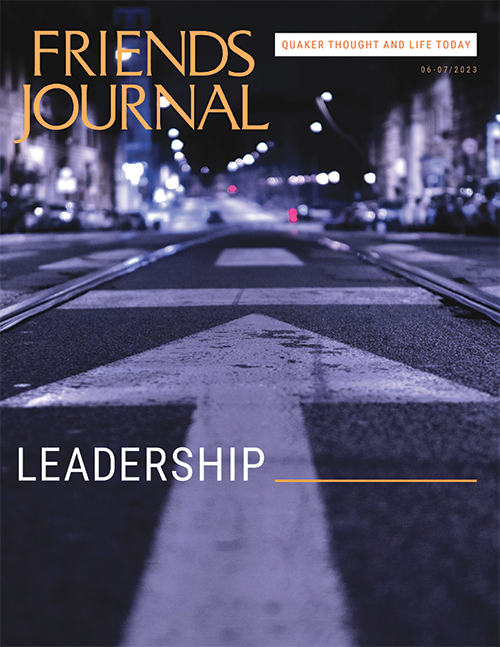
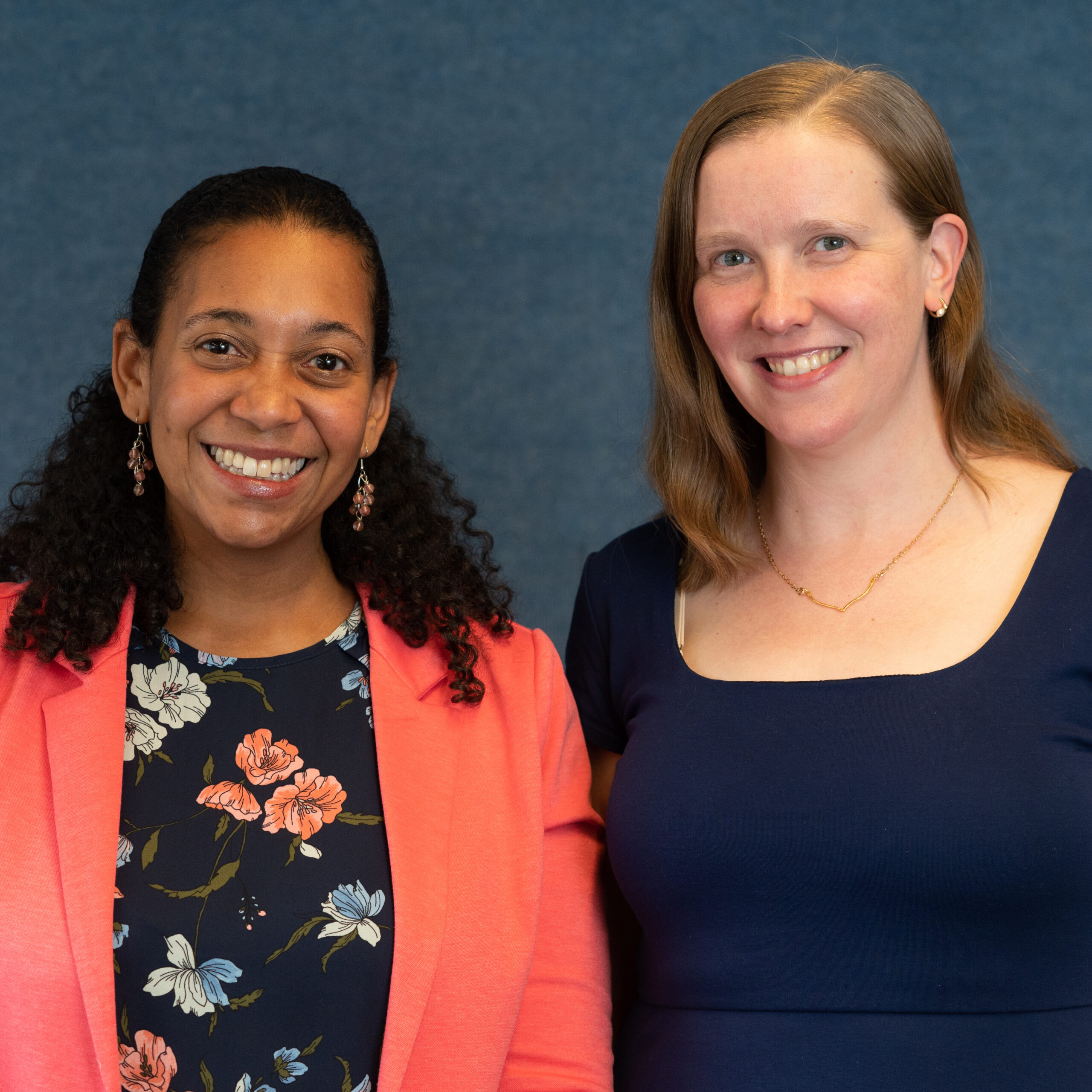
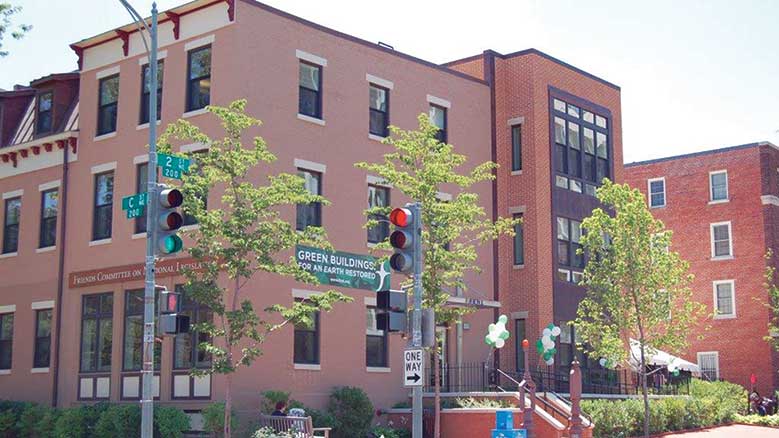
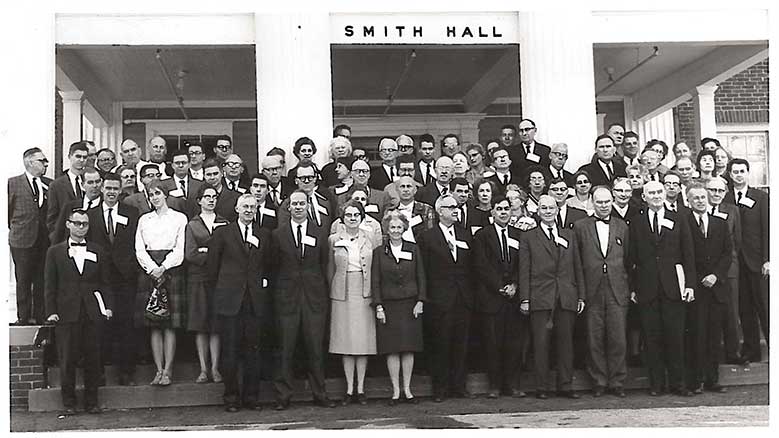
“White-supremacy culture gives us a model of leadership as an individual achievement. This kind of leadership depends on shoring up our power, defending our decisions, and being right at all costs because the alternative is to be wrong.”
This article seems to be doing just that with respect to Tema Okun’s article, which over its last few years of virality has been repeatedly recognized as a document that is often weaponized within, and ultimately destructive to, progressive organizations, as the (over-generalized and essentialized) characteristics of White supremacy culture are treated as poisons (in need of “antidotes” that this article refers to) and provoke visceral responses that amplify infighting and cultural purging behaviors.
The authors are apparently so invested in shoring up Tema Okun’s article that they provide no cautions about its frequent misuse, nor how they have taken care to mitigate the risks of misuse. In my own opinion, the attractiveness of this piece to liberal Quakers lies in the (common) conflation of visceral feeling with inward light and leadings. This is not in fact countercultural; it is instead FCNL and some yearly meetings being captured by the most mundane and secular trends.
References:
https://forgeorganizing.org/article/how-not-dismantle-white-supremacy
https://theintercept.com/2023/02/03/deconstructed-tema-okun-white-supremacy/
https://www.slowboring.com/p/tema-okun